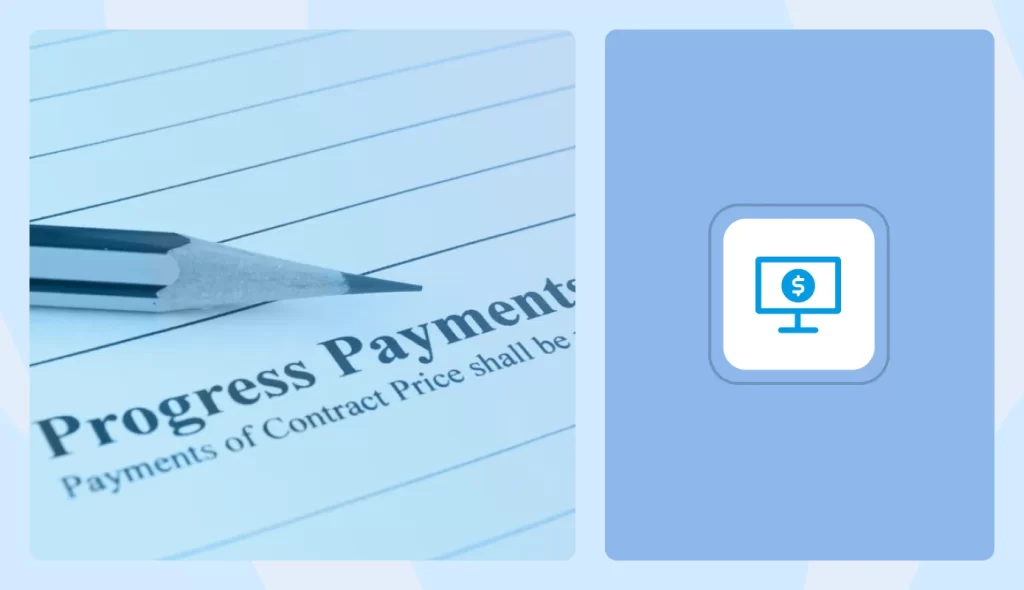For most renters, monthly rent payments are one of the biggest financial obligations they manage. But while rent ensures a roof over your head, many renters overlook a crucial element of their long-term financial health: their credit score.
Your credit score plays a critical role in shaping your financial opportunities, from loan approvals to insurance rates and even job prospects. Yet, many renters don’t actively monitor their credit score until a financial need arises—by then, it might be too late to correct or improve it in time.
Here are four compelling reasons why renters should start tracking their credit scores now, not later.
1. Understand Where You Stand Financially
Your credit score is a snapshot of your financial reputation. It reflects how responsible you are with credit, how reliably you pay bills, and how much debt you carry. For renters, especially those who don’t use traditional credit products like credit cards or loans, it’s easy to assume that your financial habits are fine as long as you pay rent on time. But unless you’re tracking your score, you may be unaware of:
-
Errors on your credit report
-
Identity theft or fraudulent activity
-
Missed or misreported payments
-
A low or stagnant score due to a thin credit file
Tracking your credit score helps you catch issues early, gives you a clearer understanding of your financial health, and empowers you to make informed decisions. Many platforms also offer personalized insights to help you understand what’s positively or negatively impacting your score.
2. Prepare for Future Financial Goals
Even if you don’t plan on taking out a loan or buying a home soon, your credit score has long-term implications. Building a strong credit score is not something that happens overnight. It requires consistent, responsible financial behavior over time.
Here’s how tracking your score now benefits your future:
-
Loan approvals: A higher score means easier approvals and lower interest rates on car loans, mortgages, or personal loans.
-
Rental applications: Many landlords check credit reports before approving lease agreements.
-
Credit card offers: Strong credit makes you eligible for cards with better perks, cashbacks, or travel rewards.
-
Emergencies: A strong credit profile gives you flexibility in case of unexpected expenses that require access to credit.
By tracking your credit score regularly, you stay on top of changes and can plan ahead. It gives you time to make improvements before you actually need a strong score.
3. Take Advantage of Credit-Building Opportunities
Tracking your credit score allows you to monitor your progress and identify ways to strengthen your profile. For example, renters can now leverage platforms that report rent payments to credit bureaus. These rent payments—when tracked and reported properly—can help you:
-
Build a stronger payment history
-
Improve your credit mix
-
Add data to a thin credit file
When you actively track your score, you can see the results of your actions over time. Whether it’s paying down debt, reporting rent, or responsibly using a credit card, every move you make can be measured and optimized.
Some platforms also include simulated score projections, showing how your score might change if you pay off a balance, increase a credit limit, or dispute an error. This level of insight turns passive renters into proactive financial decision-makers.
4. Protect Yourself from Credit Surprises
One of the most overlooked benefits of credit score tracking is the added layer of security it provides. With identity theft on the rise, many people discover issues with their credit score only after damage has been done—often during a credit application process when urgency and stress are high.
By regularly checking your credit report and score, you can:
-
Detect unauthorized credit inquiries
-
Identify accounts opened in your name
-
Address and dispute inaccuracies
-
Freeze your credit quickly if needed
Some credit monitoring tools also offer real-time alerts for changes in your credit activity, which adds another layer of protection against fraud and misuse.
As a renter, you may not think of yourself as a traditional “credit user,” but you’re still vulnerable to the consequences of a compromised score. Tracking it keeps you in control and gives you the peace of mind that your financial reputation is safe.
Final Thoughts
Credit scores are no longer just a concern for people applying for loans. Today, your credit score influences your ability to rent, finance, insure, and even find employment in some industries. For renters, staying informed and proactive is essential—not just to protect your credit, but to grow it strategically.
Tracking your credit score doesn’t require a major financial investment. Many modern platforms offer free access to your score along with tips to improve it. Some even integrate features like rent reporting and educational tools that help you build credit simply by doing what you already do—paying rent.
In the world of personal finance, knowledge is power. And when it comes to credit, the more you know, the better decisions you’ll make.
So whether you’re renting your first apartment or planning for a mortgage down the line, start tracking your credit score today. It’s a simple step that can lead to smarter, stronger financial outcomes tomorrow.






